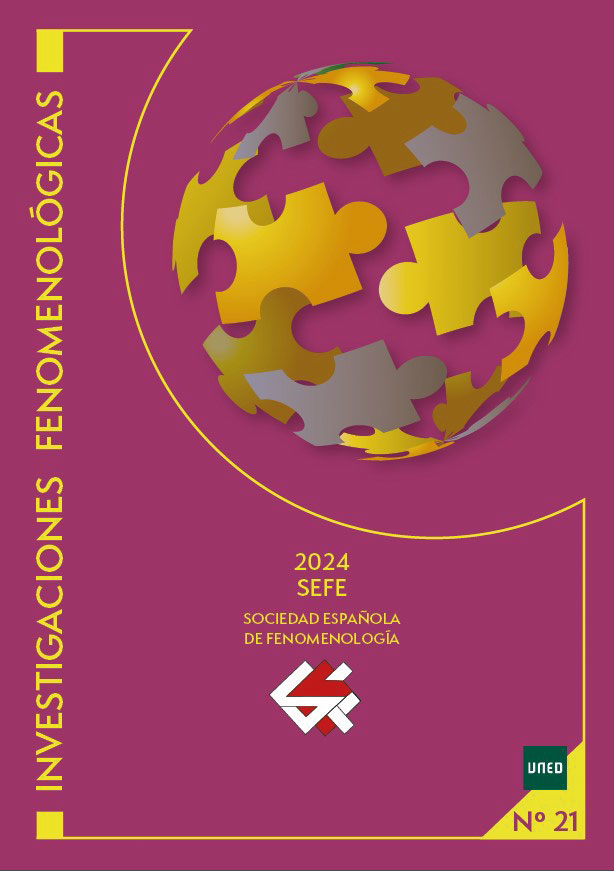Existential Philosophy and Phenomenological Ethics in José Romanoin José
DOI:
https://doi.org/10.5944/rif.21.2024.41957Keywords:
José Romano Muñoz, Existential Philosophy, Phenomenological ethics, Mexican PhilosophyAbstract
There are few works that discuss the philosophy of José Romano Muñoz. Even in manuals or general expositions of Mexican philosophy his work is rarely referred. There are some exceptions for example the Historia de la fenomenlogía en México by Antonio Zirión, who dedicates some pages to it, and Fernando Salmerón, who dedicates some interesting lines to it in his La filosofía en México entre 1950 y 1975. In relation to metaphysics, the Zacatecan philosopher maintains a version of existentialism, which he likes to call existential, in which he mainly follows approaches from Heidegger and Ortega. Regarding ethics, Romano thinks that values are ideal guidelines that give meaning and purpose to human life and, therefore, are the base ethics, which has the essential feature of being evaluative. It is interesting to keep in mind the work of Romano as a popularizer of phenomenological ethics in the mid-20th century in Mexico. Although he is not an original author, and sometimes he does not seem to be a completely confident interpreter of the same phenomenology, in the opinion of Zirión, or not very precise in several of his expressions, in the opinion of Salmerón, but his informative work is still praiseworthy.
Downloads
Downloads
Published
How to Cite
Issue
Section
License
Copyright (c) 2024 Investigaciones Fenomenológicas

This work is licensed under a Creative Commons Attribution 4.0 International License.
![]()
Reconocimiento (by): Se permite cualquier explotación de la obra, incluyendo una finalidad comercial, así como la creación de obras derivadas, la distribución de las cuales también está permitida sin ninguna restricción.







